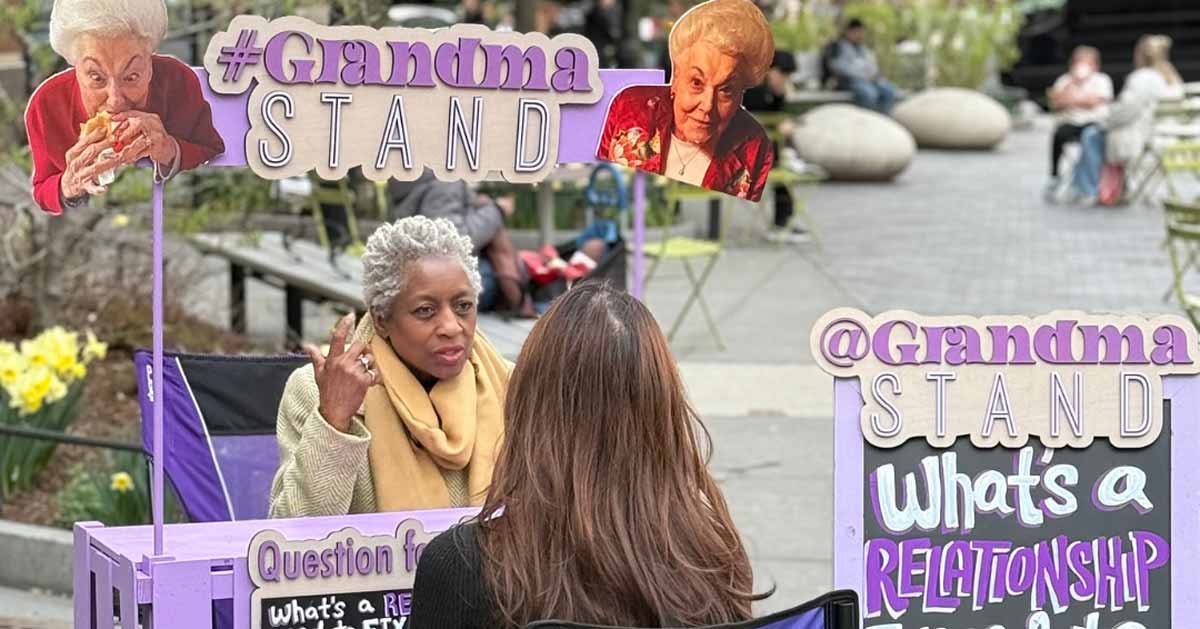Think about how much you engage with decisions made by your local government.
Perhaps you take the bus to work, your water bill goes up, or you finally succumb to a speeding ticket, thanks to a new fleet of police cruisers in your neighborhood. Now think about how much you were able to engage with the decision-making process that got you to these results.
Chances are, unless you work in a certain field — or you’re able to leave work or find childcare on a random Tuesday afternoon to attend a city council meeting — your ability to know what’s going on with your municipal government at any given time is limited, to say the least.
The Documenters are here to provide an alternative. A network of newsrooms and community organizations, the Documenters train and pay hundreds of people to attend under-reported public meetings and publish the results, so everyday citizens aren’t left in the dark when local elected officials are making big decisions.
Reporting on major issues such as development, finance, education, and more, Documenters make original notes, live-tweet threads, and multimedia reports easy for the public to access.
The program was developed by City Bureau, a nonprofit newsroom in Chicago, in 2018 and has since expanded to 15 cities, including Atlanta, Omaha, Fresno, Dallas, and more.

“How are your tax dollars spent? What are your elected officials doing? Are they listening to you? What is the process? That, as a Documenter, is what you have to show people,” Susan Carlotta Ellis, a City Bureau journalist, shares on the organization’s website.
The Documenters themselves are everyday people who are able to devote their time and energy to this work, receiving journalism training to support them as they collect vital information in their communities. Many of them are students or retirees who have flexible schedules.
Over 2,200 Documenters have been trained, and over 5,000 public meetings have been covered since the network’s inception. Plus, all of their work is free for public use, so it can be republished and shared widely for full transparency.
Documenters aren’t just an extension of local journalism but also work to make civics more approachable by hosting workshops, dissecting budgets, examining elections, and learning how the government works. Some organizers call it their “civic side hustle.”
“Together, we’re creating a new public record to help shine a light on the decisions being made in our cit[ies],” an explainer video for the organization says. “Because you deserve to know.”
A version of this article was originally published in The Civic Engagement Edition of the Goodnewspaper.
Get your own Goodnewspaper by becoming a good news subscriber today.



